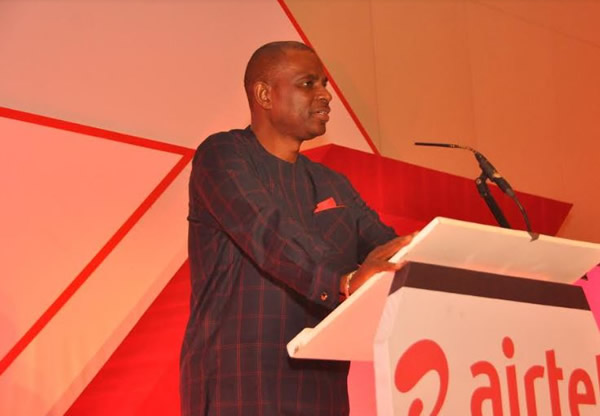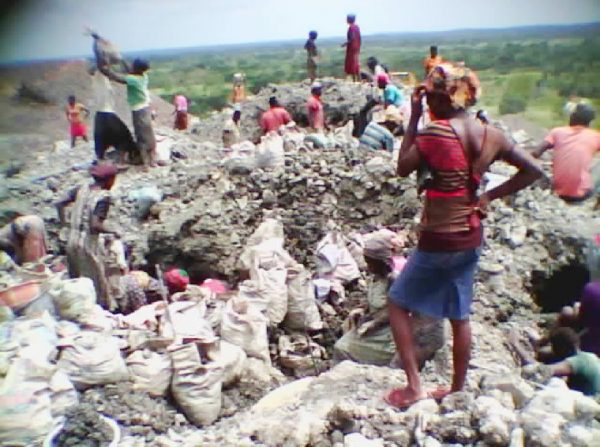BY BINZAK AZEEZ
The parlance ‘ECOSOC Rights’ depicts Economic, Social and Cultural Rights. These rights are entrenched in Chapter 2 of the 1999 constitution as amended under the Fundamental Objectives and Directive Principles of State Policy. The provisions of this chapter include the right to secure adequate means of livelihood, right to adequate opportunity to secure suitable employment, right to adequate medical and health facilities of all persons, right to education, right to equal pay for equal work without discrimination on any ground and other numerous incentives and ingredients to enjoy the rights to life and socio-economic rights.
Despite the incorporation of these rights into the Nigerian Constitution, the economic train of Nigeria has always moved in retrogression. In global poverty rankings, the country has regularly maintained a champion and superb status. There has been a gross underfunding of health services. The United Nations Children’s Funds (UNICEF) research estimated infant mortality in developed nations at three deaths per 1000 births. In developing nations, the average newborn mortality is 27 deaths per 1000 births. In Nigeria, the Multiple Indicator Cluster Survey (MICS) conducted by the Nigerian Government in 2016/2017 estimated the statistics of infant mortality to 37 deaths per 1000 births.
Moreover, there are great numbers of unemployed, homeless and insecure Nigerians. Research shows that thirty-two percent of Nigerian children are suffering from malnutrition while it is axiomatic that numerous public roads are death traps. Education sector has completely degenerated. The budgetary benchmark recommended by UNESCO to adequately enable nations to cater for education demands is 26% of national budget. This percentage has been drastically fallen-short in Nigeria budgetary allocation. Ranging from 4.83% out of the 2010 national budgetary expenditure, 6.16% in 2011, 8.20% in 2012, 8.55% in 2013, 9.94% in 2014, 7.74% in 2015, 6.10% in 2016, 7.38% in 2017 and 7.03% in 2018. Failure to invest adequately on education has led to a poor state of facilities in public tertiary institutions, outrageous fee-hike which has incapacitated many from schooling and incessant strike which hindered stable academic activities.
Advertisement
However, Chapter 2 of the 1999 Constitution as amended set out stipulated objectives and obligations that Nigerian government at all levels are expected to gear towards, these responsibilities are not enforceable and justiciable as entrenched under Section 6(6)(C) of the 1999 Constitution. It is obvious that the Nigerian government has failed to harness the country’s endowment to guarantee national prosperity. The individuals in the realm of public affairs have traded societal advancement for personal aggrandizement. It is an outright infringement on the inalienability and universality of the fundamental right to life as average Nigerians are inaccessible to basic health facilities, adequate shelter and security, adequate means of livelihood and suitable employment. These rights are essential ingredients to life. The right to life is of no value without a means of sustainability.
Similarly, the right to acquire genuine and adequate education is latent and infeasible when education sector is underfunded. Public education is underfunded in Nigeria. This has wreaked havoc on the right to acquire genuine and adequate education. Its also led to monetization of this sector, an impediment to the masses who are not financially buoyant. In addition, the 1999 constitution in section 4(34)(a-b) under fundamental human rights’ provisions provides the right to human dignity. Subject to the provisions of this section, no person shall be held in slavery or subject to degrading and inhuman treatment. These provisions have contravened the current happenings in Nigeria. A great number of Nigerians are being subjected to physical and psychological dehumanization as a result of lack of adequate employment, food and shelter.
It is pertinent that the ECOSOC rights bill is sponsored, enacted and protected under the Nigerian law to revitalize a solid ground for the dividends of democracy. The enforcement of these rights is the only mechanism to guarantee the fundamental human rights provisions. Many African countries which are less endowed in resources have enacted “ECOSOC rights” into their laws. The constitutions of South Africa and Ghana guarantee and protect the rights to adequate housing, health care services, social security and other life incentives. Nigeria is endowed with both human and natural resources to harness common good if adequately managed. The enactment of the ECOSOC rights is a crucial step to revive the country’s resources from mismanagement. “The good of the people shall be the supreme law.” Salus Populi Suprema Lex Esto!
Advertisement
Binzak Azeez writes from the faculty of Law, Obafemi Awolowo University (OAU), Ile Ife.






